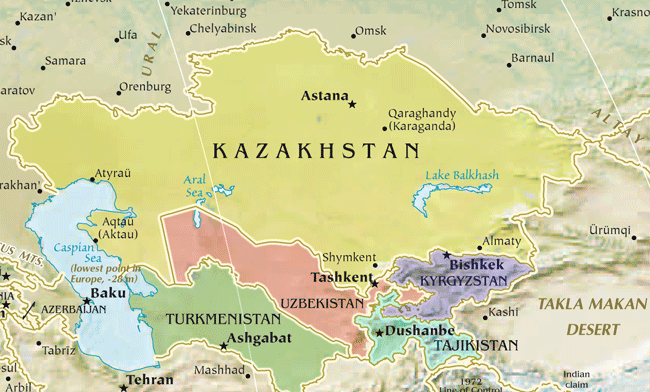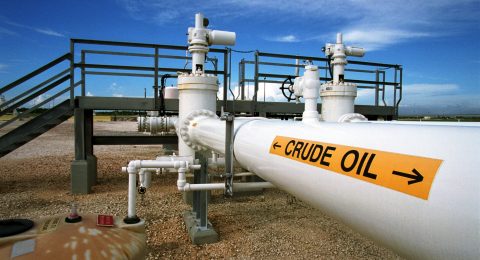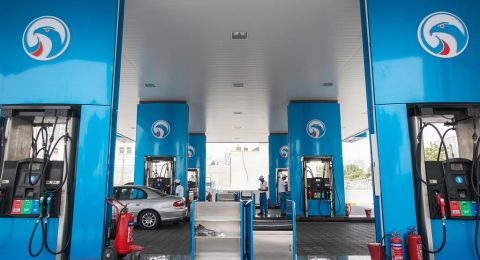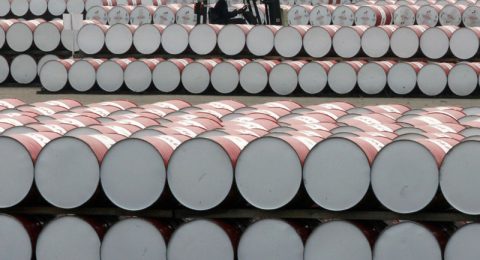India will simultaneously push for two gas pipelines originating from Central Asia, one from Kazakhstan and the other from Turkmenistan, during Prime Minister Narendra Modi’s visit there this month, in a bid to hedge its bets in the mineral-rich but politically fragile region.
India is nudging Turkmenistan to begin construction of a pipeline in December that is planned to be routed through Afghanistan and Pakistan, almost 20 years after the project was conceived, senior officials have said.
But simultaneously, oil and gas minister Dharmendra Pradhan told Kazakh interlocutors at a meeting last month that India would conduct a feasibility study to examine the possibility of a pipeline routed through Iran and the Persian Gulf.
Modi will visit Uzbekistan and then Kazakhstan on the first leg of his Central Asia trip on July 6 and July 7, before travelling to Turkmenistan, Kyrgyzstan and Tajikistan from July 11 to July 13. The two segments are broken by a visit to Russia from July 8 to July 10.
In Russia, Modi will attend a summit of the Brazil-Russia-India-China-South Africa (BRICS) grouping, and a meeting of the leaders of the Shanghai Cooperation Organisation.
“We need to work simultaneously on all these plans,” former Indian ambassador to Kazakhstan Ashok Sajjanhar told The Telegraph. “This is a very fragile and volatile region and we need to keep our options open.”
Energy hungry India – the world’s fourth-largest energy consumer – has for the past two decades dabbled in plans to reduce its dependence on oil from turbulent West Asia by sourcing gas from Central Asia.
For a decade now, proposals for the two pipelines – an India-Pakistan-Iran (IPI) pipeline and a Turkmenistan-Afghanistan-Pakistan-India (TAPI) route – have remained hobbled by Iran’s tense relationship with the US, a key ally, and New Delhi’s troubled relations with Islamabad.
In recent months, India has finally pressed ahead with an option it has long considered to circumvent Pakistan – by developing the Iranian port of Chabahar. Transport minister Nitin Gadkari inked a memorandum of agreement with his Iranian counterpart committing to Chabahar’s development in May.
The port’s development would make a planned International North-South Corridor consisting of a maritime route from Gujarat to Chabahar, and road and rail links from there, through Russia and Azerbaijan, to eastern and central Europe possible.
The Kazakh pipeline plan will consist of a pipeline from that country through Iran to Chabahar, and then an undersea pipeline from there to India.
The start of the TAPI pipeline construction from Turkmenistan would allow a change of route to redirect that pipeline also to Chabahar, if the project through Afghanistan and Pakistan does not materialise, officials said.
“They are resource rich countries and there is great potential for partnership with India in oil, gas and other minerals,” secretary (west) in the ministry of external affairs Navtej Sarna said on Friday. “But though we are close, we have had a problem getting our containers there. We are going to address the major problem of connectivity (during this trip).”
These projects remain deeply challenging, and are viewed by some strategic thinkers as unlikely to ever eventually work out.
“Quite frankly, I don’t see any of these pipeline projects working out unless we cooperate with the Chinese,” said Phunchuk Stobdan, former Indian ambassador to Kyrgyzstan who has also worked at the mission in Kazakhstan. “But we only see China as a competitor, and try to contain it.”
Source: The Telegraph India












